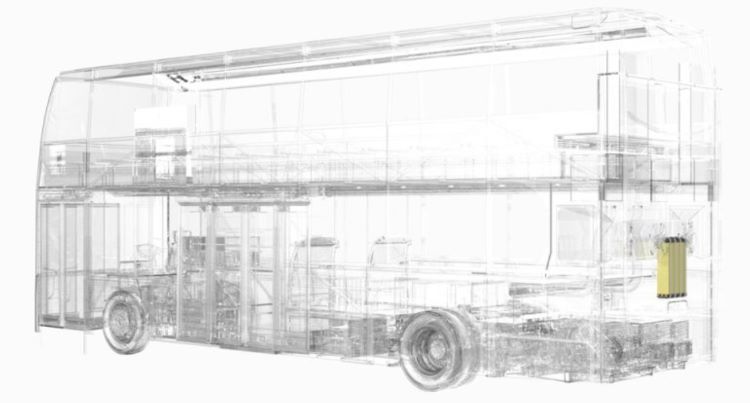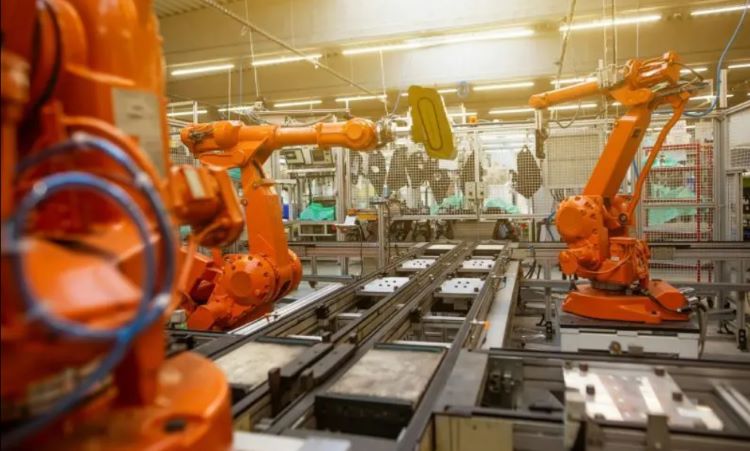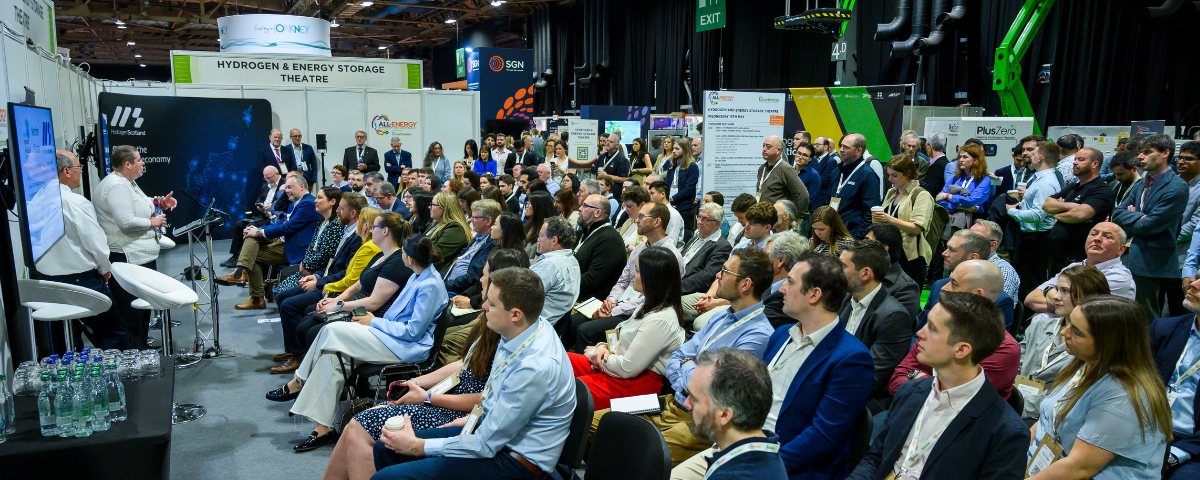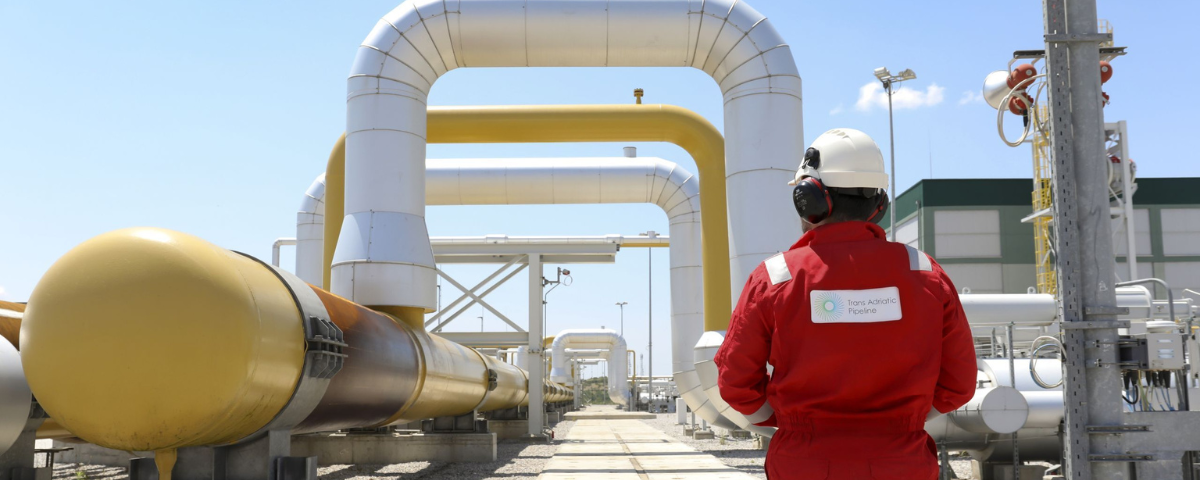The Hydrogen Electric Integrated Drivetrain Initiative (HEIDI) £12.7m APC project led by Hydrogen Scotland member Bramble Energy has reached a significant milestone: the completion of concept designs for the hydrogen system and double-decker hydrogen bus. The project is now moving into the manufacturing phase.
Early testing of the Bramble Energy fuel cell stack shows promising results for power output at the bus level, paving the way for this innovative fuel cell design to be used in heavy-duty transport applications. Bramble’s flexible fuel cell design has allowed the hydrogen bus to maintain a capacity of 86 passengers, similar to current London double-deckers, without compromising service for system installation.
Dr. Vidal Bharath, CCO at Bramble Energy, commented: “This new milestone for HEIDI brings us one step closer to revolutionising public transport with our innovative PCBFC™ technology providing a viable path to net-zero emissions for commercial vehicles. The ability to maintain passenger capacity whilst achieving significant range and rapid refuelling times showcases the practicality and scalability of our solution.”
Simulations carried out by Hydrogen Scotland member the University of Bath predict a range of up to 280 miles on UK bus routes using 350 bar hydrogen. This surpasses the typical daily distance of London buses (100-200 miles) and offers refuelling times similar to diesel or petrol alternatives (around 8 minutes). Bramble Energy, with its partners, will now move into the next phase of HEIDI, manufacturing key components, including the fuel cell stack, fuel cell system, and hydrogen storage.
Bramble Energy is the lead partner of the HEIDI project, which has received £6.3m funding from the Advanced Propulsion Centre, matched by industry to £12.7m. The UK-based consortium is developing a double-decker hydrogen bus, using Bramble Energy’s first-of-its-kind fuel cell technology, Aeristech’s high-efficiency air compressor, and Equipmake’s motor power electronics and battery management system. The powertrain is being optimised through vehicle simulations by the University of Bath.

The Bramble PCBFC™ fuel cell stacks can be produced in almost any size and arrangement according to the end customer’s needs. The result is an unparalleled cost-effective solution to supporting and accelerating the decarbonisation of public transport and to improve air quality in towns and cities around the world.
Bramble Energy was selected for this fuel cell bus project due to its revolutionised fuel cell design and manufacturing process. Using a patented-protected printed circuit board technology, it can create bespoke fuel cell stacks in a matter of days at scale and low-cost. Bramble’s PCB technology eliminates the requirement for a number of complex and costly components found in a typical electrochemical stack, which not only simplifies the supply chain but also does not require vast retooling for manufacture.
Dr Vidal Bharath, CCO at Bramble Energy added: “Fuel cell technology can deliver a viable net zero solution that lends itself to commercial vehicles where downtime needs to be limited. This consortium of partners means that we will be able to deliver a world-leading hybridized powertrain, utilising our innovative low-cost PCBFC™ technology for the bus sector, where there needs to be a viable electrified solution that can deliver on cost and scalability.”

The significant reduction in the cost of automotive fuel cells – by 70% since 2008 – mirrors the strides made by pioneering technology companies such as Bramble Energy and the broader industry towards more efficient and scalable production processes. This evolution from capital-intensive and slow production cycles to more economical and faster production methods enhances the viability of fuel cell technology. Bramble Energy has developed its unique printed circuit board (PCB) fuel cell – the PCBFC™, which can be manufactured in almost all printed circuit board (PCB) factories worldwide.



